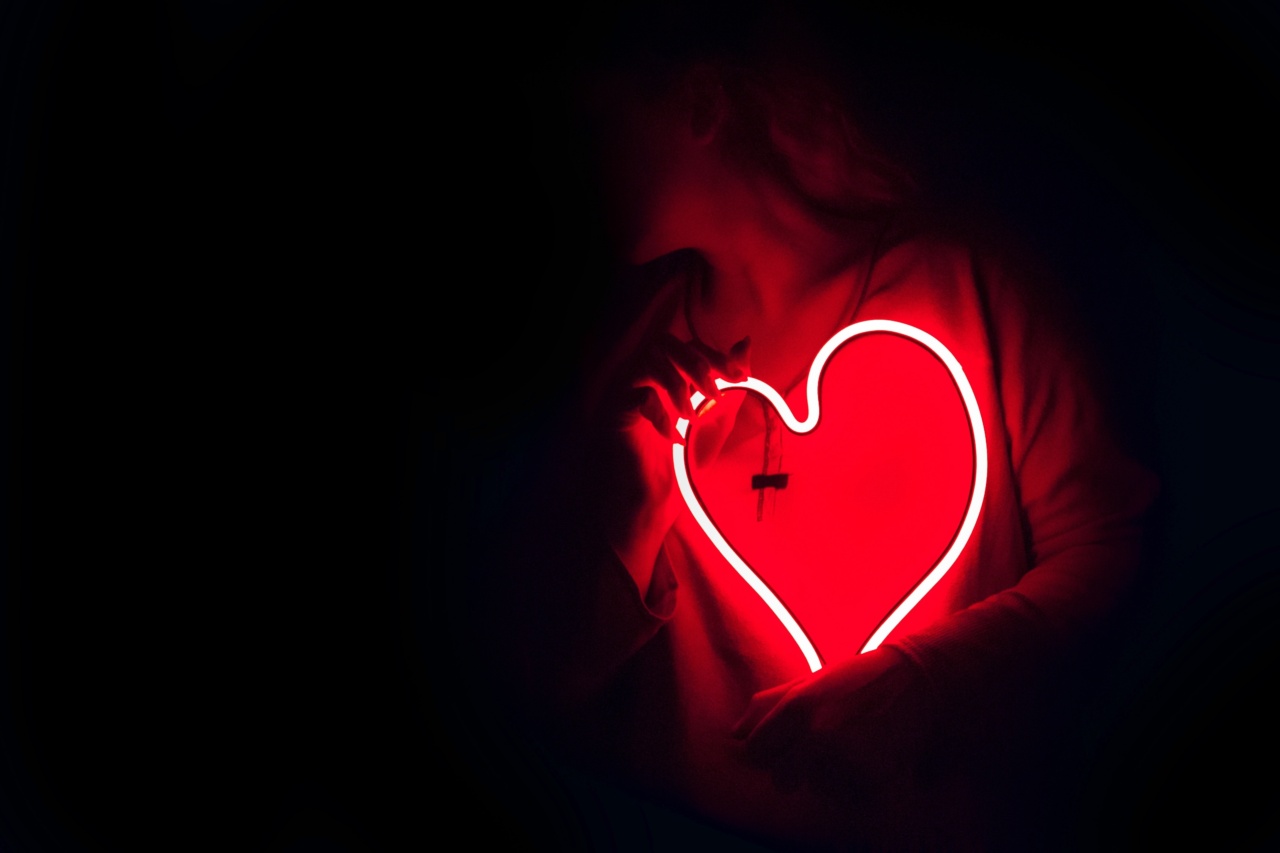A heart attack, also known as a myocardial infarction, is a serious medical condition that occurs when blood flow to the heart is blocked, leading to damage or death of the heart muscle.
It is important to understand the indicators of a heart attack as prompt medical attention can make a significant difference in saving a person’s life. This article will discuss the common signs and symptoms of a heart attack, risk factors, and steps to take in case of an emergency.
1. Chest Discomfort
Chest discomfort is the most common symptom of a heart attack. This discomfort is often described as a heaviness, pressure, tightness, or squeezing sensation in the center or left side of the chest. It may last for a few minutes or come and go.
2. Pain or Discomfort in Other Upper Body Parts
In addition to chest discomfort, a heart attack may cause pain or discomfort in other areas of the upper body, including the arms, jaw, neck, back, or stomach. This pain can be mild or severe and may radiate from the chest.
3. Shortness of Breath
Feeling breathless or having difficulty breathing can be a sign of a heart attack. People experiencing a heart attack may feel short of breath even while at rest or with minimal exertion.
4. Nausea, Indigestion, or Vomiting
Some individuals, especially women, may experience symptoms such as nausea, indigestion, or vomiting during a heart attack. These symptoms are often mistaken for gastrointestinal problems but can be indicative of a heart issue.
5. Fatigue
Unexplained fatigue or extreme tiredness can be a warning sign of a heart attack. Women, in particular, may experience unusual fatigue without any apparent reason.
6. Cold Sweats
Profuse sweating or cold, clammy skin is another potential indicator of a heart attack. This symptom is often accompanied by other signs such as chest discomfort or shortness of breath.
7. Dizziness or lightheadedness
Feeling dizzy or lightheaded, as if about to faint, can be a manifestation of a heart attack. It may occur suddenly and without any obvious reason.
If you experience this symptom along with other warning signs, it is crucial to seek immediate medical attention.
8. Anxiety or Panic
Some people experiencing a heart attack may have a sense of impending doom, extreme anxiety, or even a panic attack. These feelings may occur alongside other symptoms such as chest discomfort or shortness of breath.
9. Silent Heart Attacks
Not all heart attacks are accompanied by obvious symptoms. Some individuals may have what is referred to as a silent heart attack, which means they experience minimal or no symptoms at all.
These silent heart attacks can still cause significant damage to the heart and should not be ignored.
10. Recognizing and Responding to a Heart Attack
If you or someone around you experiences any of the symptoms mentioned above, it is crucial to act quickly.
Time is of the essence in the case of a heart attack, and seeking immediate medical help can improve the chances of survival and minimize long-term damage.
Here are some steps to follow if you suspect a heart attack:.
Call Emergency Services
As soon as you notice the warning signs of a heart attack, call your local emergency number. The sooner medical help arrives, the better the outcome.
Chew Aspirin
If you have been prescribed aspirin by your doctor for a heart condition, chew and swallow it as directed. Aspirin can help prevent blood clotting, which is crucial during a heart attack.
Stay Calm
Try to stay calm while waiting for medical professionals to arrive. Stress and panic can worsen the situation, so take slow, deep breaths and try to remain composed.
Do Not Drive Yourself
Avoid driving yourself to the hospital if you suspect a heart attack. It is much safer to wait for an ambulance that can provide immediate medical care en route.




























